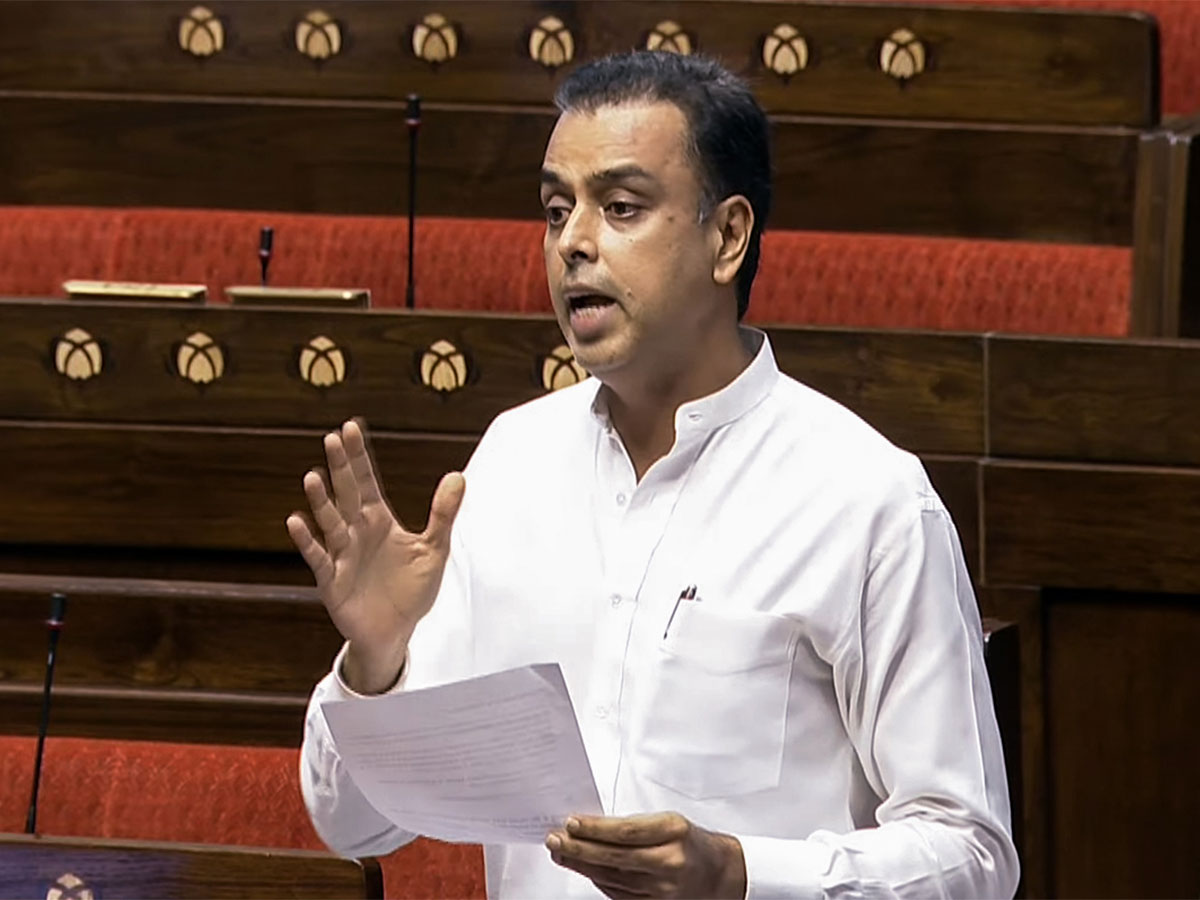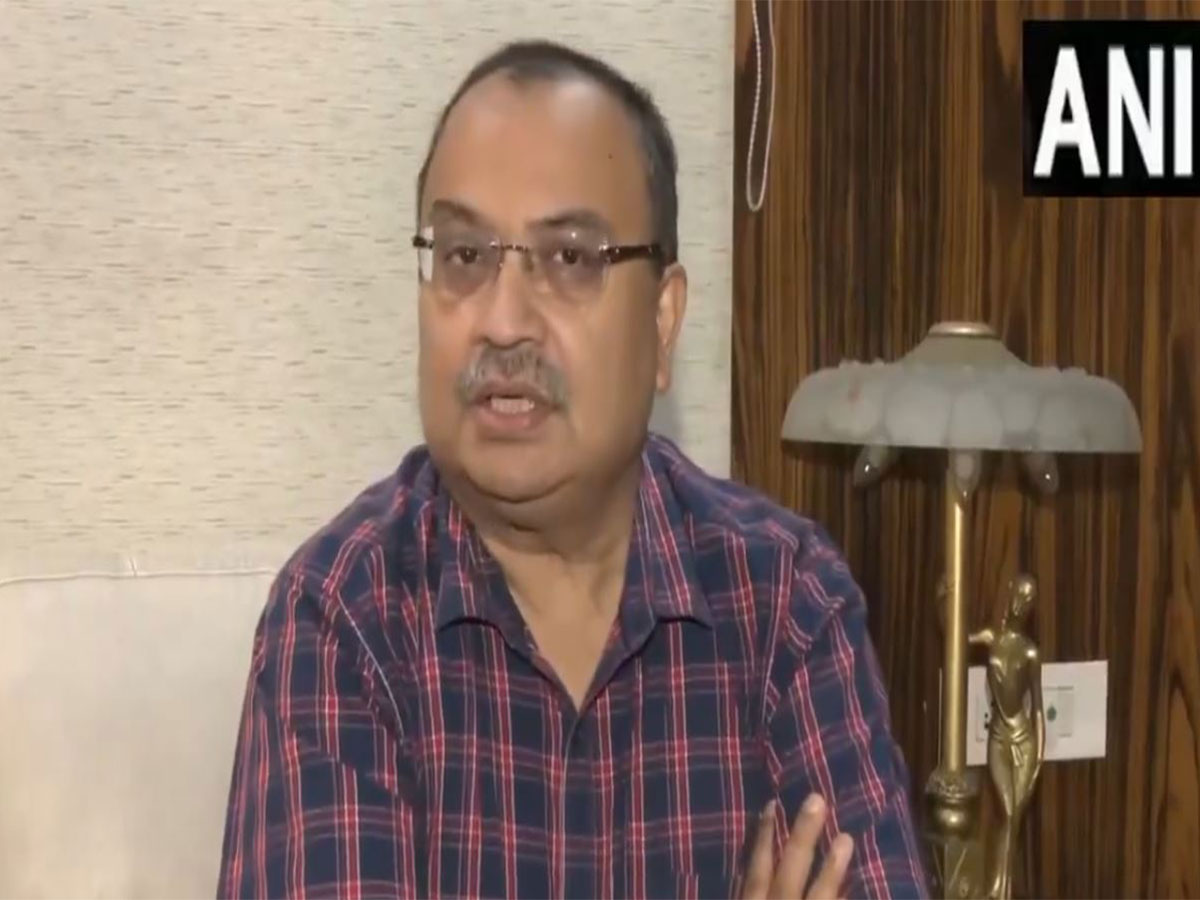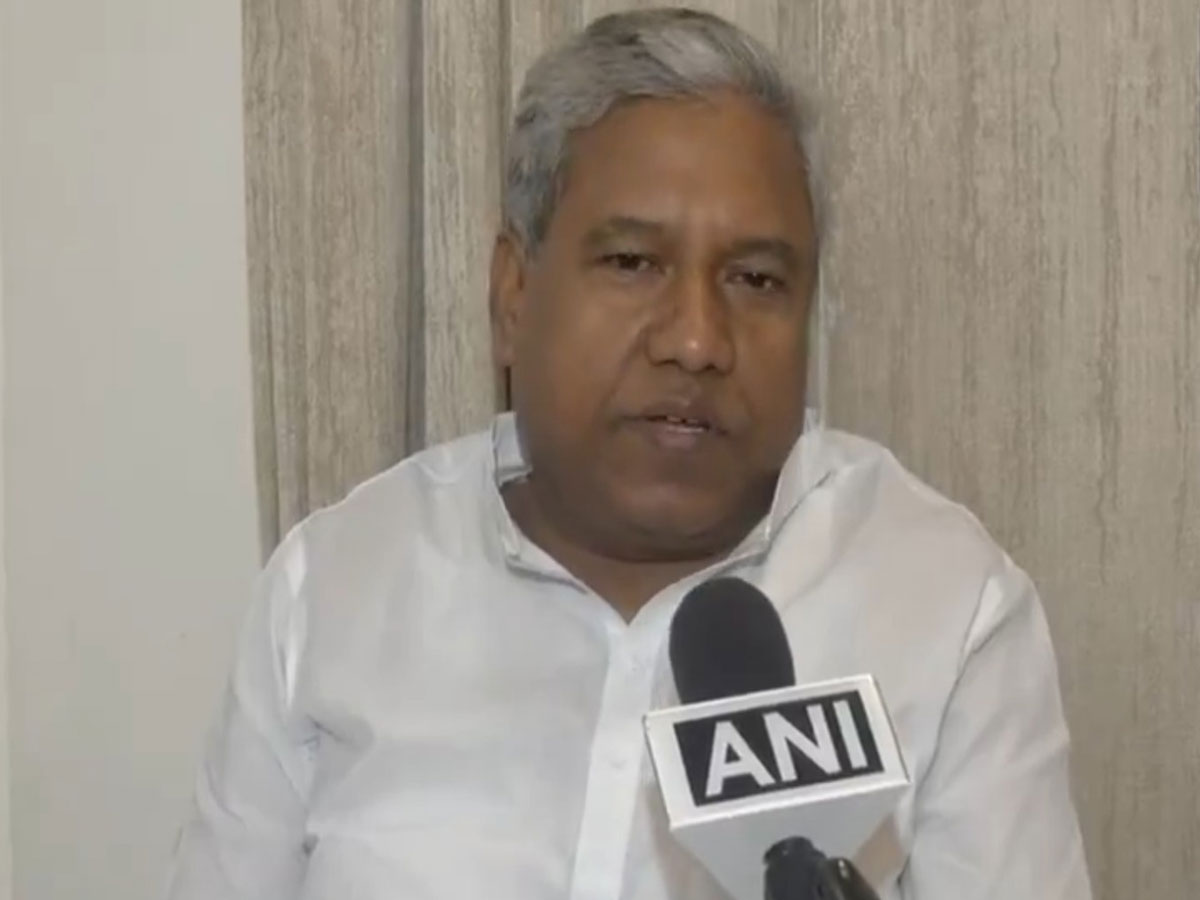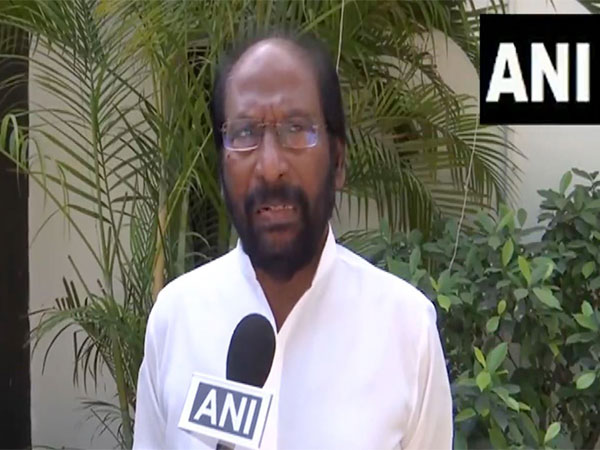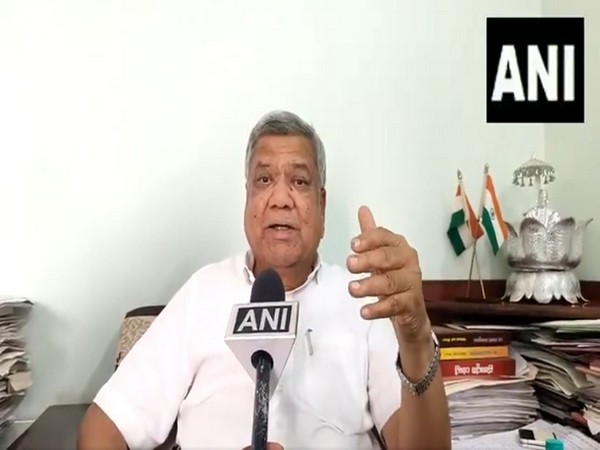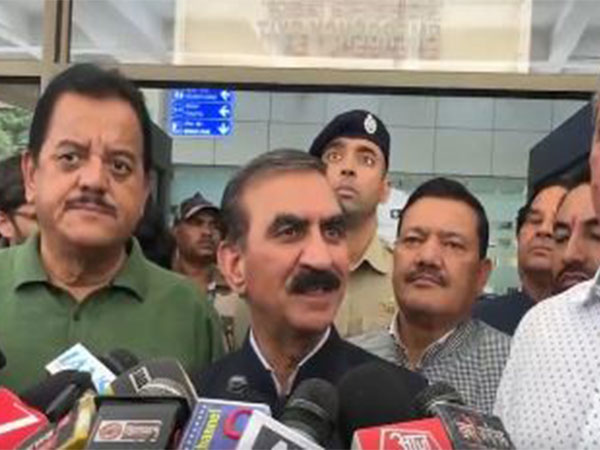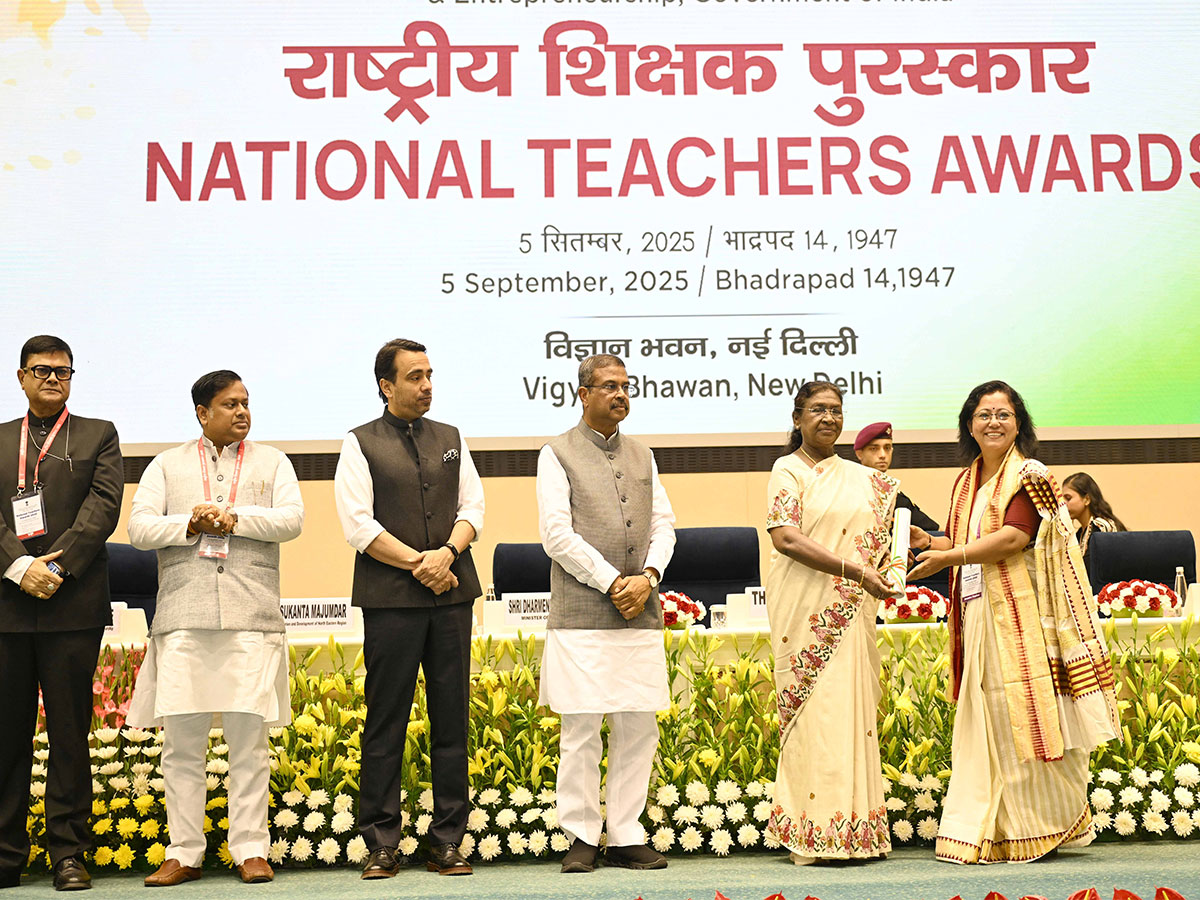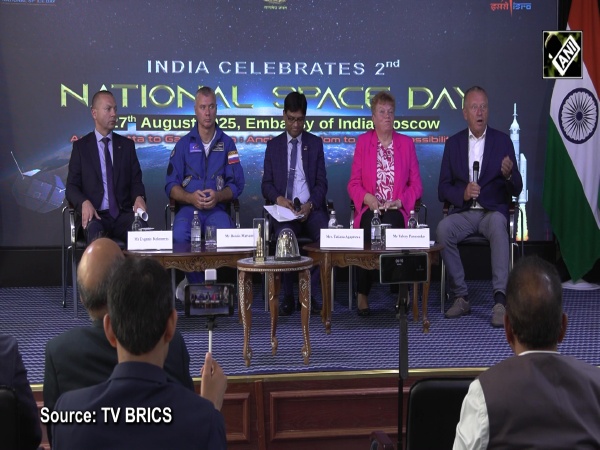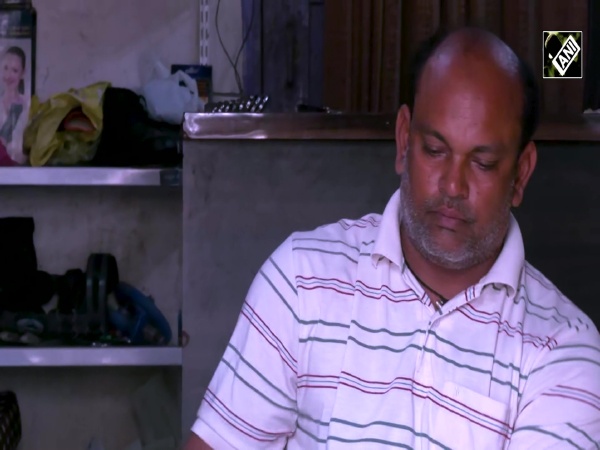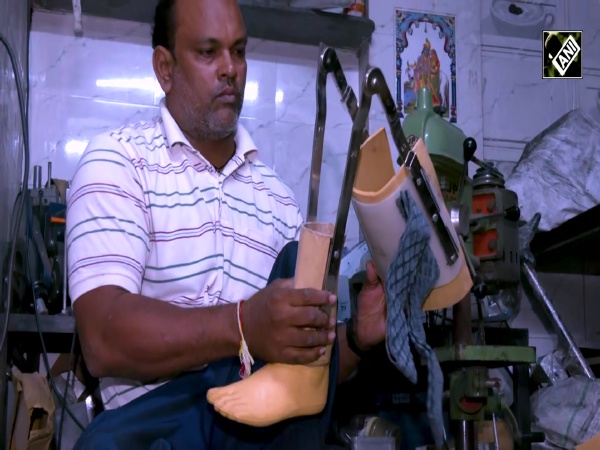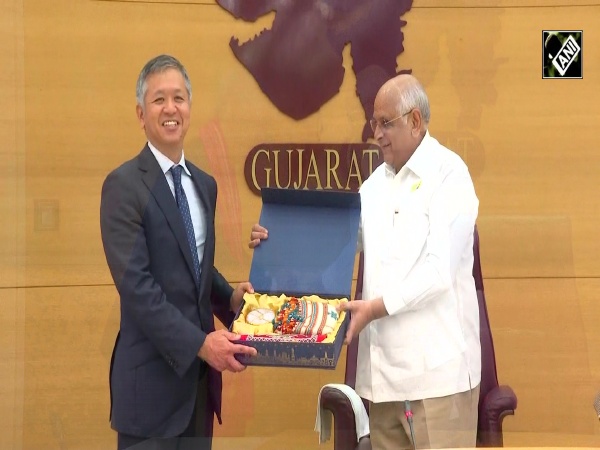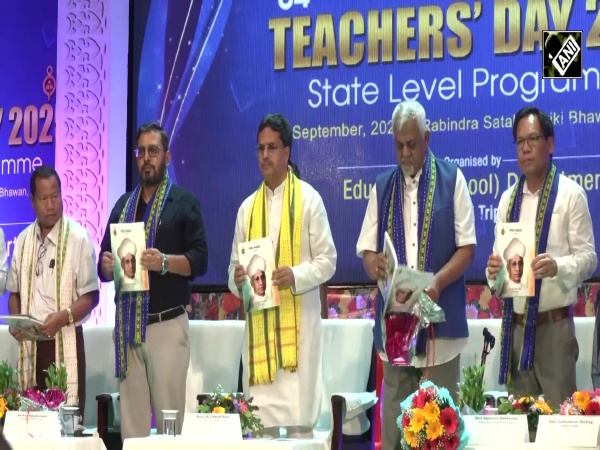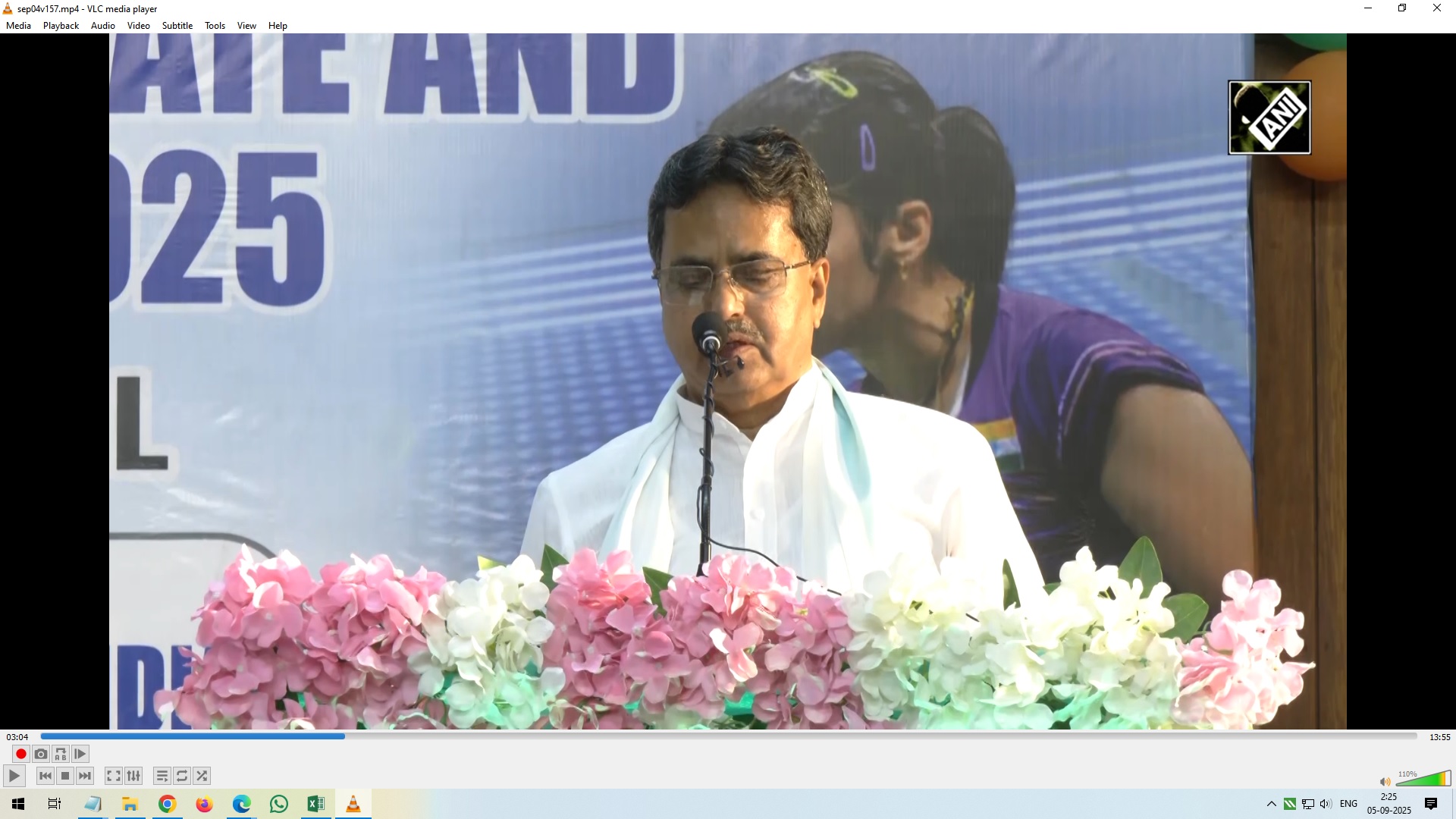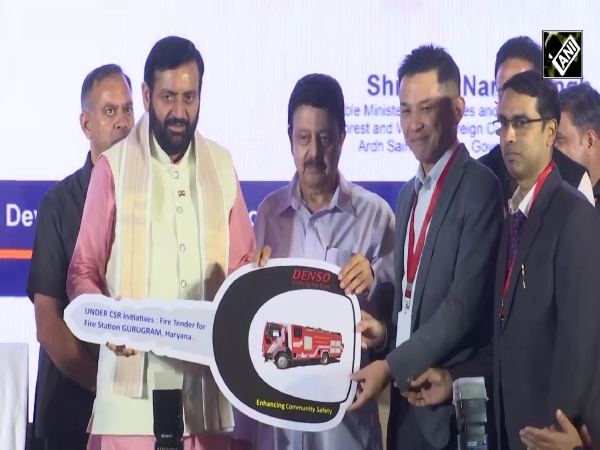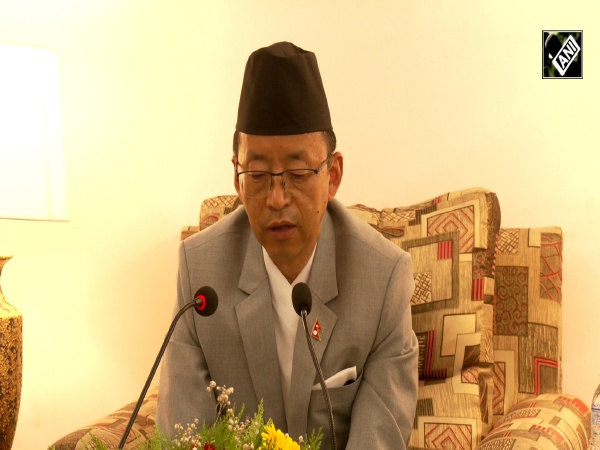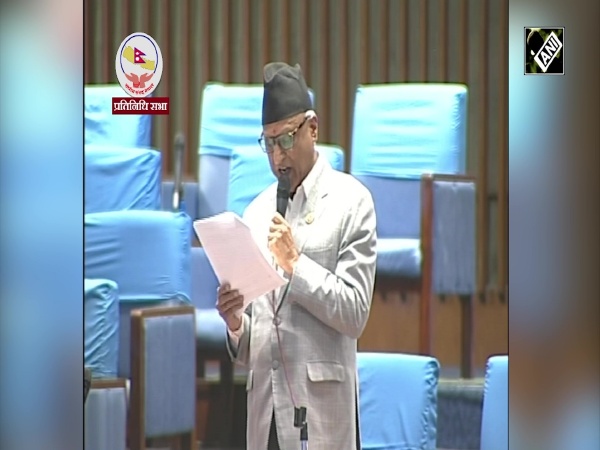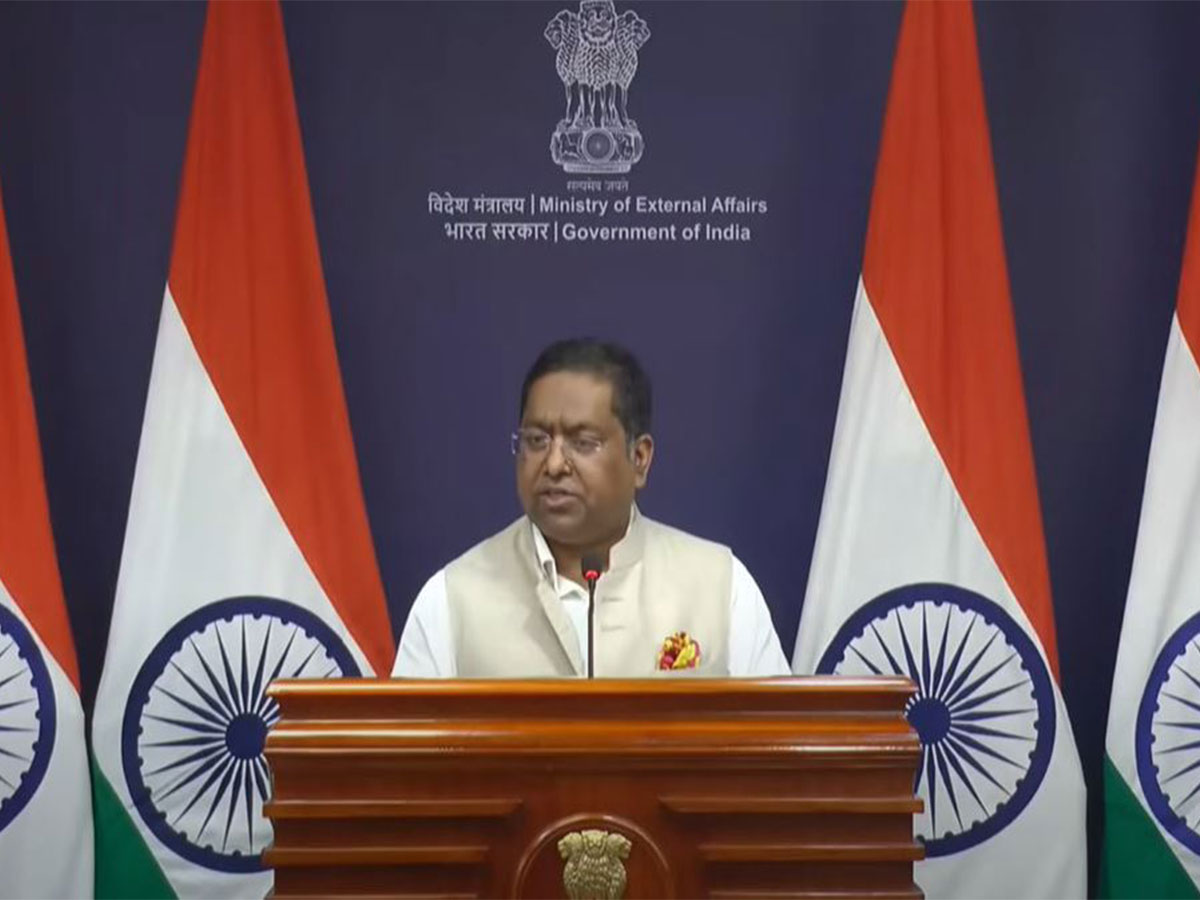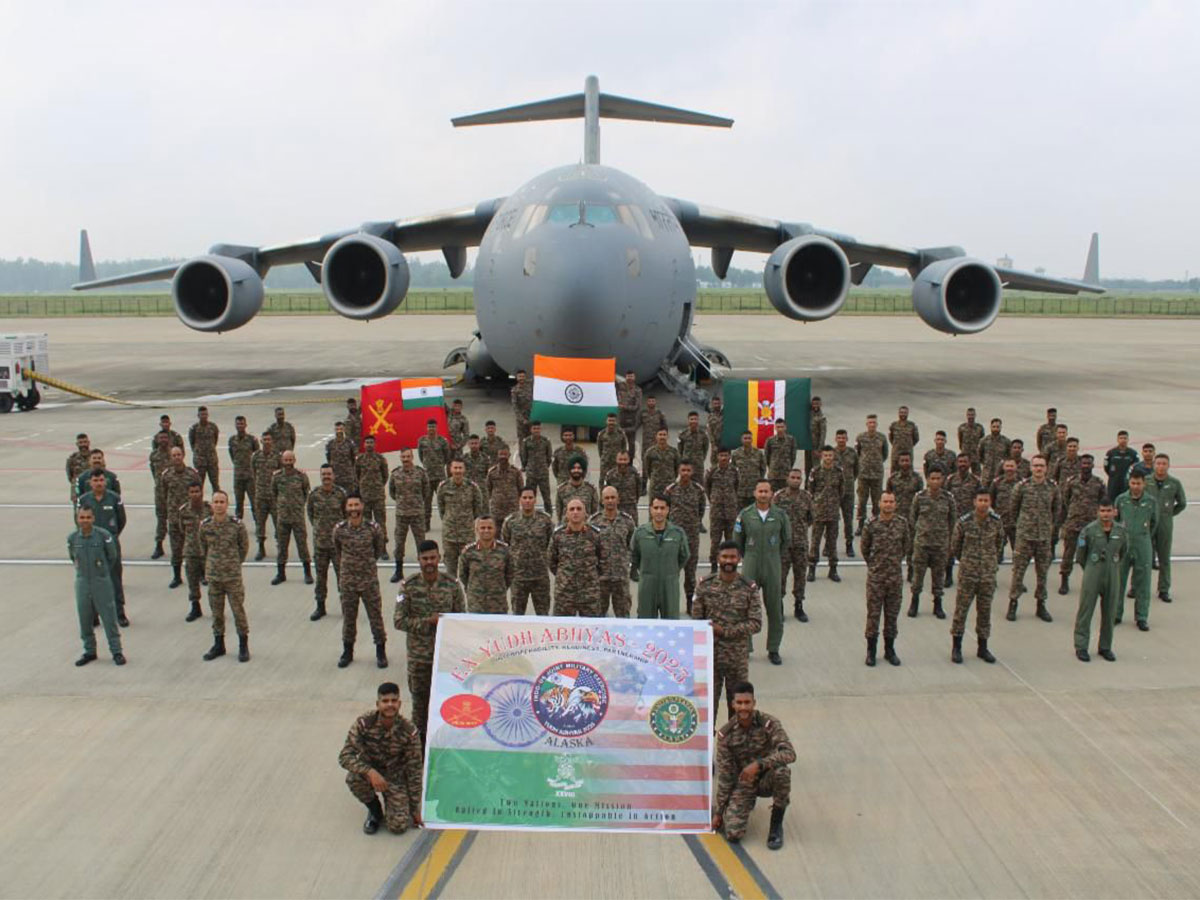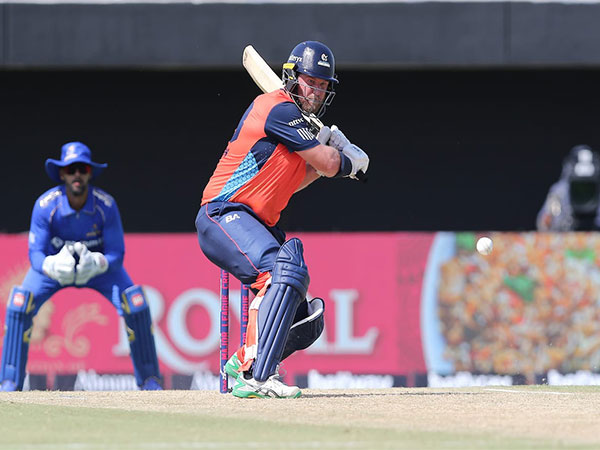
"You may be thinking the war finished on May 10, NO...": COAS Gen Dwivedi lauds calibrated response during Op Sindoor
Sep 05, 2025
New Delhi [India], September 6 : Chief of Army Staff General Upendra Dwivedi lauded the Indian Army for a calibrated response during Operation Sindoor and noted that the war against Pakistan did not end with the cessation of hostilities on May 10.
Addressing the book launch of 'Operation Sindoor: Before and Beyond' on Friday, COAS General Dwivedi said that the "war" against Pakistan continued after the ceasefire, as there were decisions to be made.
"You may be thinking the war finished on May 10. No. It continued for a long time because so many decisions had to be made. It will be difficult for me to share beyond that," General Dwivedi said.
An understanding of the cessation of hostilities between India and Pakistan was announced on May 10, following cross-border shelling across the Line of Control and Jammu and Kashmir.
India had executed a calibrated response against terror targets during Operation Sindoor, launched on May 7 in response to the Pahalgam terror attack, which claimed 26 lives.
Furthermore, General Upendra Dwivedi noted that the defence officials discussed the definition of a calibrated response, and he also spoke with the veterans who presented several options as a response to the Pahalgam attack.
"So, when to start, when to stop, how much to apply in terms of time, space, and resources, and what is the definition of calibrated, all these things are something which we kept on discussing at every point in time. Because this time, there were no precedents. Though I spoke to many veterans on 22nd and 23rd April... Many of them presented so many brilliant options... Every action, every deliberate non-action, had long-term implications," he said.
Hailing the Indian Army, he said that Operation Sindoor moved like a "rhythmic wave".
He added, "The Indian Army during this complete thing moved like a rhythmic wave... In these 88 hours, you did not have the time to come for the planning, then pass the orders. Everybody was synergised and knew their orders."
Meanwhile, speaking to ANI after the address, General Upendra Dwivedi said that the theaterisation of the armed forces is moving ahead "satisfactorily".
He said, "Theaterisation is moving satisfactorily. We need to understand that whenever we engage in conventional warfare, three key elements are required: force mobilisation, force protection, and force application. For this, we need unity in command and decentralisation in execution. Theaterisation is the way ahead. The only thing is time, which we need to look into."
When asked about the Aid-de-Camps (ADCs) and integration with other security forces, the COAS said, "What is most important is the degree of familiarisation. We have to be familiar with each other. The more we operate closely, the better we will be in terms of the application of our force."
The author of the book 'Operation Sindoor: Before and Beyond', Lt Gen KJS 'Tiny' Dhillon (Retd.), said that the book covers the journey from the Pulwama and Pahalgam attacks to future strategies post the ceasefire on May 10.
Speaking to reporters, he said, "This book covers everything after independence and the build-up to Pulwama and Pahalgam, the difference between Pulwama and Pahalgam and why Pahalgam happened, and then to the launch of Operation Sindoor."
"The selection of targets, the build-up of intelligence, the corroboration of intelligence, the synergy of operations between the three services, External Affairs Ministry, Home Ministry, and all the departments of governments, and matching of weapons to targets, destruction of targets on the intervening night of May 6 and 7, and Pakistan's reactions on 10th of May, the ceasefire, who called it, who won and who lost. The battle of narratives, the battle of LOC, which was not covered by the media during the operation, and then the new normal. Also, the future strategy," he added.
